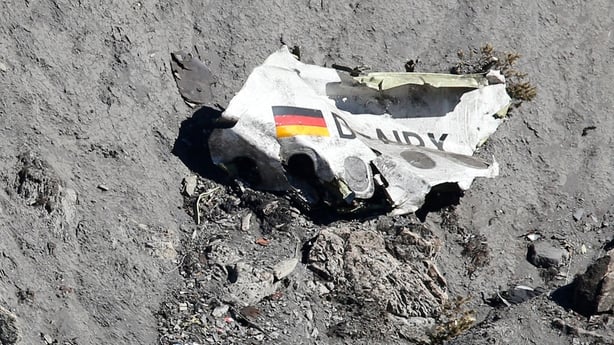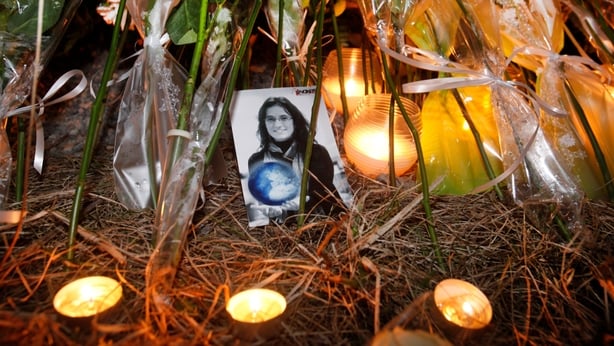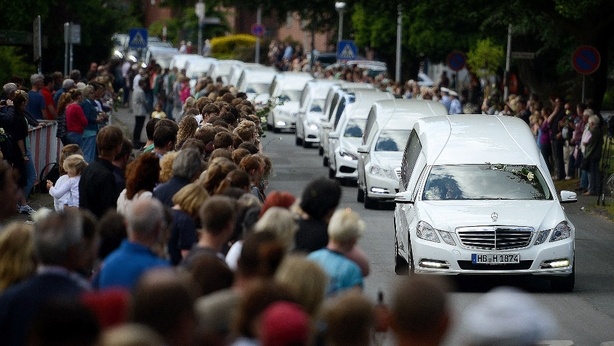The European Commission has received recommendations that all airline pilots should undergo psychological screening and allow details of medical visits to be shared in a proposed European database, in the wake of the Germanwings disaster.
A task force of experts led by Europe's aviation safety regulator has also called for the introduction of random drugs and alcohol testing of pilots and better oversight of the doctors responsible for their regular medical checks.
European Union Transport Commissioner Violeta Bulc ordered the review after Andreas Lubitz locked himself inside the cockpit and crashed his Germanwings jetliner into the Alps in March, killing all 150 people on board.



Prosecutors have found evidence that the co-pilot, who had suffered severe depression and may have feared losing his job, had researched suicide methods and concealed an illness from his employer, sparking a debate on supervision and medical secrecy.
"We don't know everything that happened in this tragedy but we know a certain number of causes and we thought we may not want to wait until the final report of the accident investigation to launch actions," Patrick Ky, executive director of the European Aviation Safety Agency, said.
The idea is to "minimise the risk of a similar tragedy in the future", he said.
Alongside the extra testing, the panel is proposing better support schemes to allow pilots to come forward with concerns about their health, careers or other problems and discuss them confidentially without "an atmosphere of fear".
That would go beyond the traditional regulations and may have alerted colleagues sooner to Lubitz’s condition, but unions say it would represent a marked change of culture for the toughly managed airline industry.
The EASA task force - drawn from airlines, flight crews, doctors and aviation authorities - did not recommend changes to cockpit doors that were specially strengthened after the 11 September 2001 attacks in the United States.
But it endorsed a recent EASA recommendation that there should always be two people in the cockpit.
France's BEA air crash investigation agency has found that Lubitz took advantage of toilet breaks by the captain, both to rehearse the manoeuvre on the previous flight and then to carry out his plan to destroy the jet after locking the captain out on the return flight 9525.
The BEA is investigating both whether cockpit door-locking systems should be changed and how to balance medical confidentiality and safety, a sensitive issue in nations such as France and Germany with a strong tradition of medical privacy.
The medical database proposed by EASA would initially only record the dates and places of specialist 'aero-medical' check-ups and whether a pilot had been deemed fit to fly.
That would not have helped in the case of Lubitz, who is suspected of concealing notes written by a general practitioner, but would prevent what Mr Ky called "medical tourism" or going abroad to get a favourable certificate for the pilot licence.
EASA called for a deeper examination of medical secrecy in all 28 EU nations.
Some, such as Britain, already advise doctors to report any concerns where public safety is at stake.

